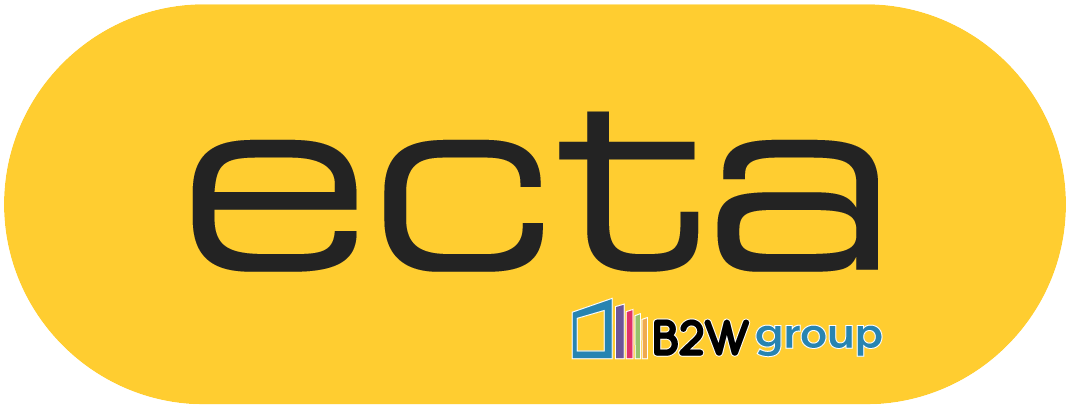According to Statista, an online statistics website, there were 265,000 electricians working in the UK in 2017. While the numbers were not so readily available, it would not be so far-fetched to presume that many of them carry out what is known as “lone working” as a significant part of their day. This includes those who are under employment or are self-employed.
Sensible Risk Assessment
Since 2015, specific people who were self-employed have been exempted from health and safety law. This is strictly limited to those whose work activities post no risk of harm to other. Of course, it’s safe to say that those who work on electrical systems cannot be viewed as non-hazardous.
Staying Safe
Although lone working isn’t against the law, it’s important that you take sensible precautions if working alone is a path you choose to go down. When making a decision regarding having employees work alone, employers must consider the working environment. This means noting any significant hazards and if access presents additional risks. Before carrying out work at someone else’s premises, you should understand the risks that come with the job and the location. If the premises are commercial, there must be a record of any asbestos containing materials on the premises. Workers should acquaint themselves with this before they start their work.
The control of Asbestos Regulations also require electricians to have attended formal asbestos awareness training. When it comes to choosing a training provider, it is important that they are able to demonstrate competence.
Risk Assessments
An employer may have drawn up a generic risk assessment for the tasks that are to be undertaken. However, it is important that the engineer also been trained to spot any additional hazards and is aware of the right steps that must be taken. Some hazards can easily be addressed and controlled. However, there will be others that may need to be referred to a line manager or someone else who can manage the situation.
According to the current advice from HSE, there are some high-risk activities where there should be at least one more person present. Some examples include:
- working in a confined space;
- working at or near exposed live electricity conductors; or
- health and social care work dealing with unpredictable client behaviour and situations.
Risk assessments and the need to ensure their sufficiency remains to be a touchy subject for many employers. Some companies rely heavily on libraries of generic assessments that have been compiled over the years. They have even downloaded information from remote websites or even “borrowed” from other employers. This can give a false idea of control. Where they are clearly irrelevant, employers encourage their employees to disregard them.
The Level of Assistance Needed
The risk assessment you perform should help determine how much supervision is needed in the job. The higher the risk, the more supervision is required. It should not be left to the individual worker to decide if help is needed or not.
Your risk assessment should make note of the chances of an emergency arising. You should then set out a clear procedure for your employees to follow. A first aid kit may also be necessary on top of the formal training.
Finally, you will need to arrange monitoring and communication. This could be:
- Periodic visits by supervisors;
- Regular contact by phones, radios or email
- manually operated or automatic warning devices
- A robust system ensuring lone workers have returned home safely
Whatever you decide, it’s important to ensure that your lone workers equipped with the necessary skills, knowledge and training to allow them to work safely. On top of this, those managing them must be fully aware of their responsibilities.
Training with ECTA
To be fully aware of all electrical engineering risks, you need to start by having the right training. ECTA are here to provide you and your business with all training that is necessary for a successful career, so get in touch to learn more about our courses.
